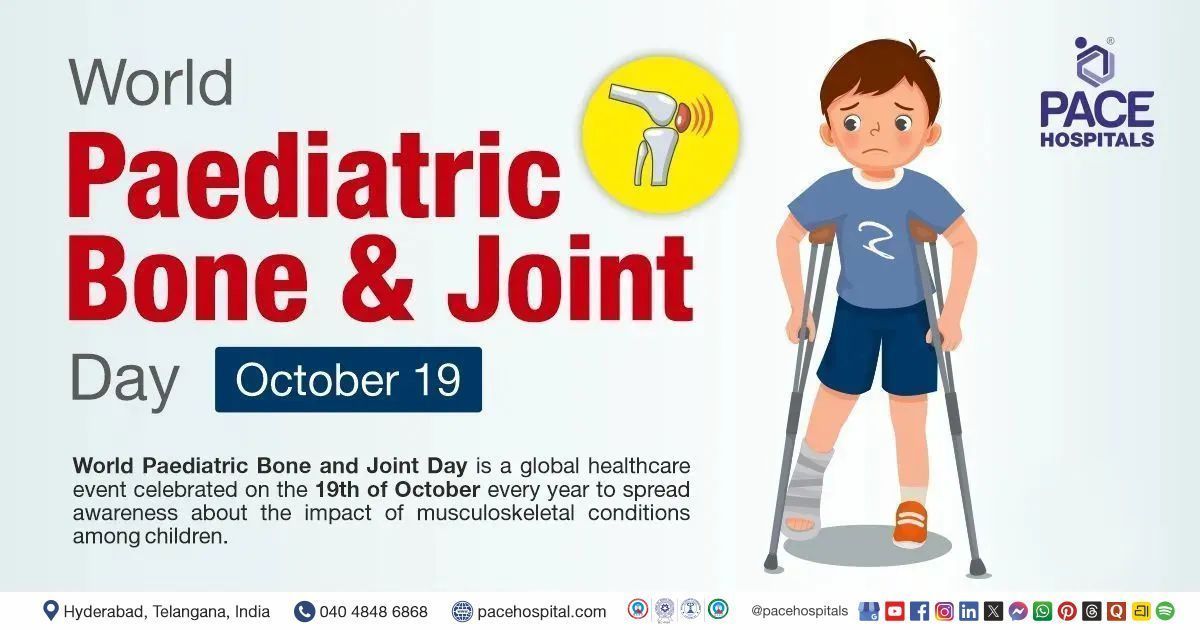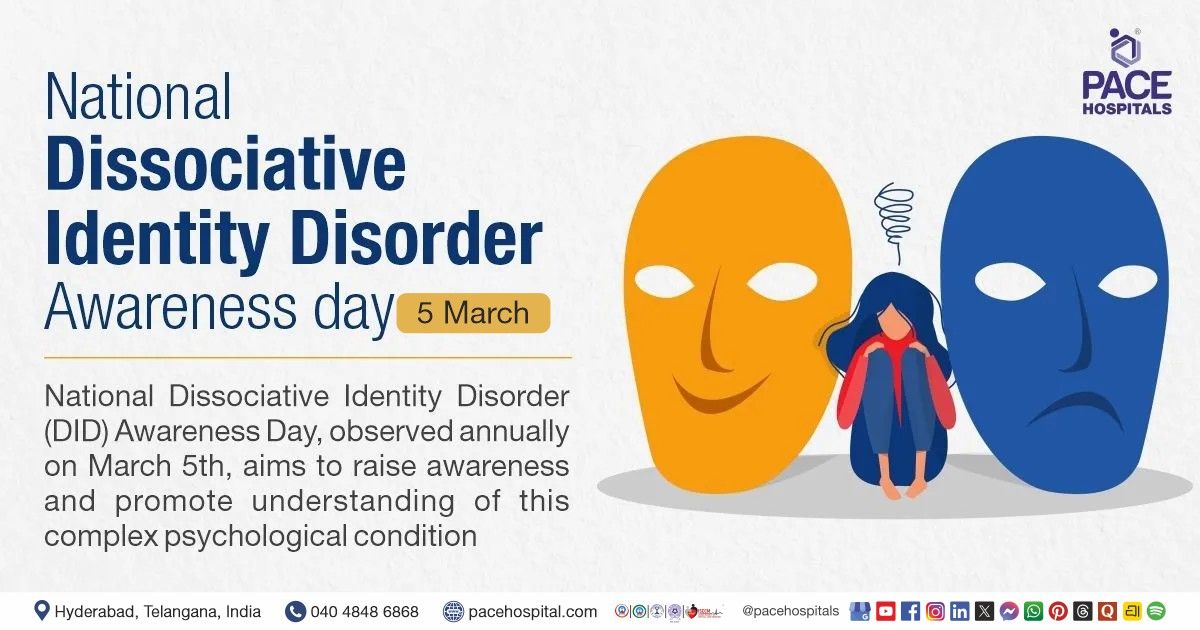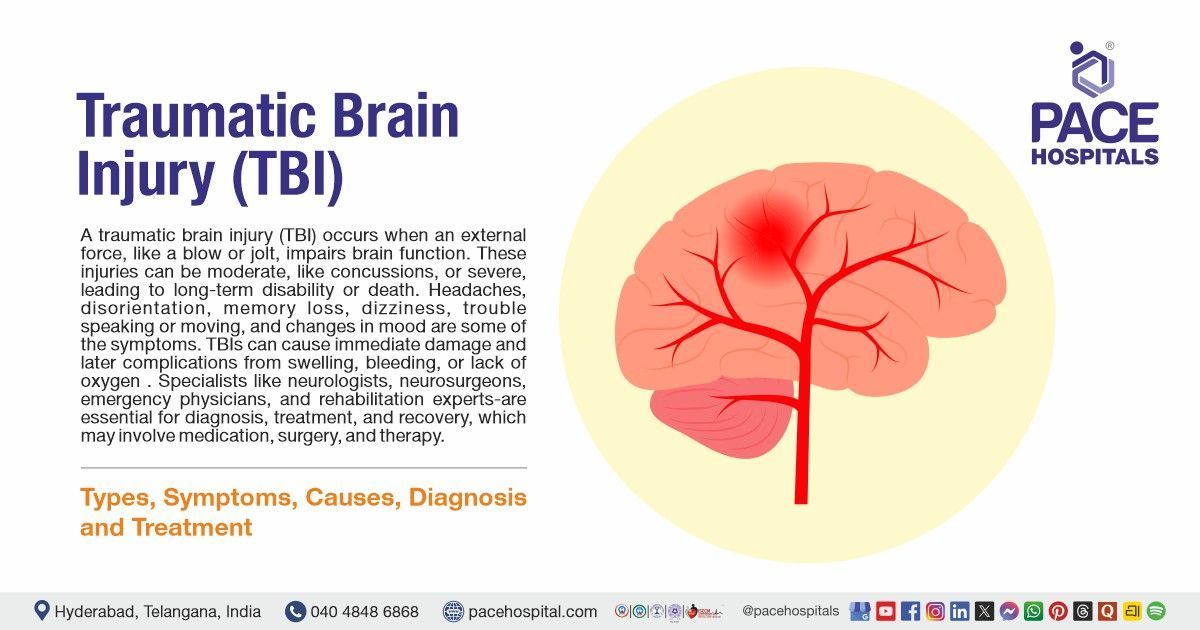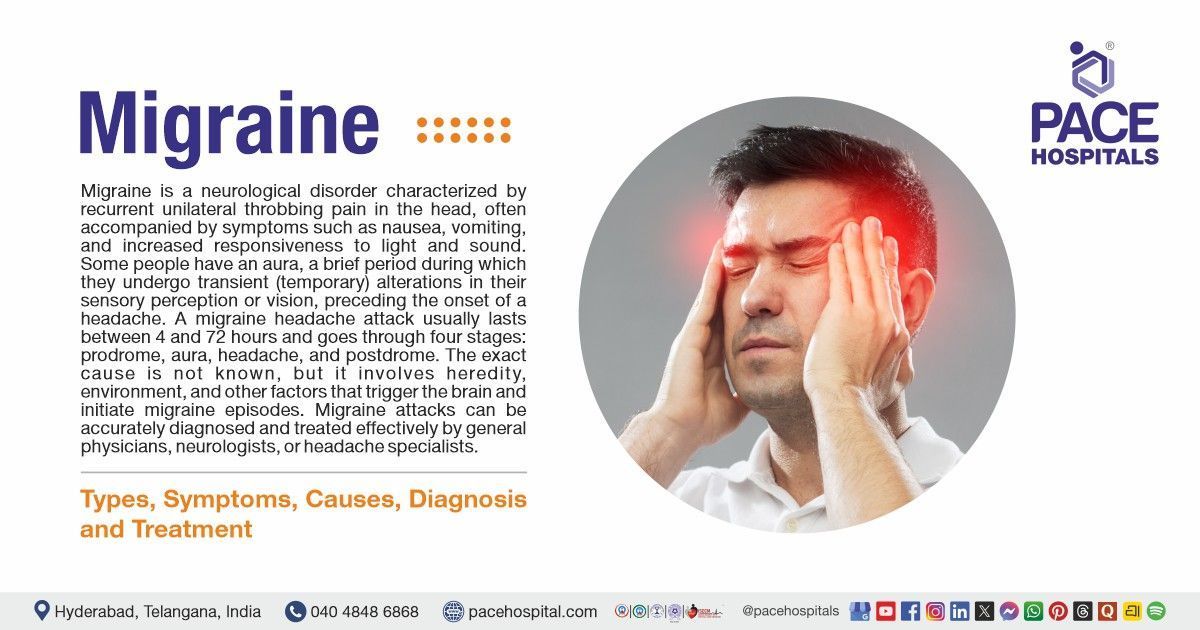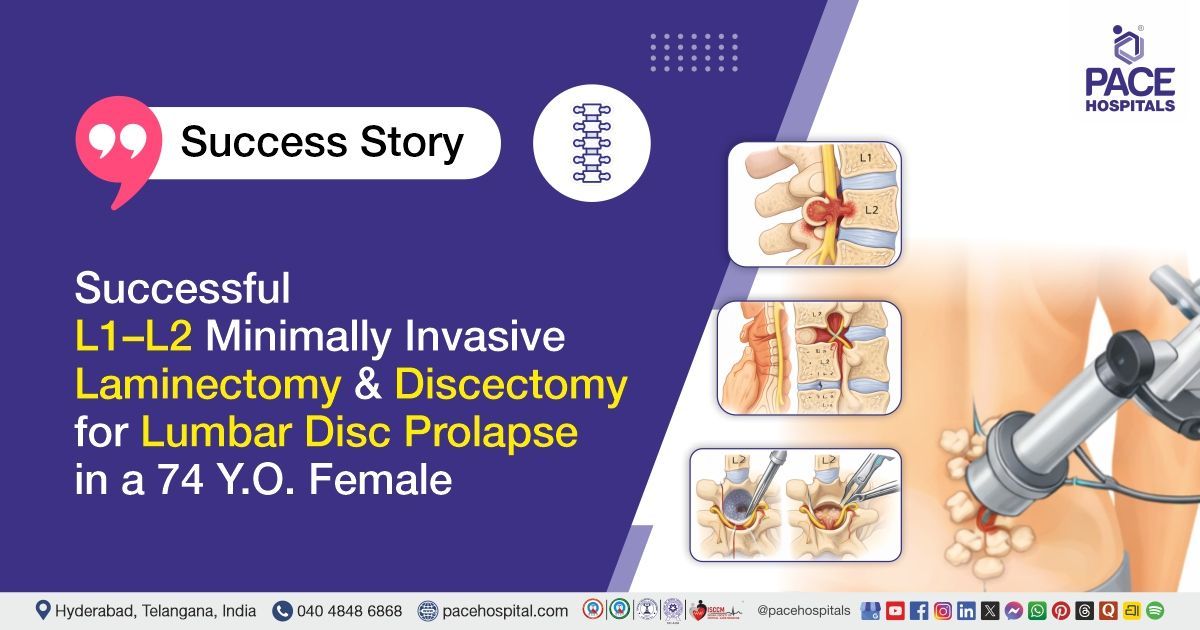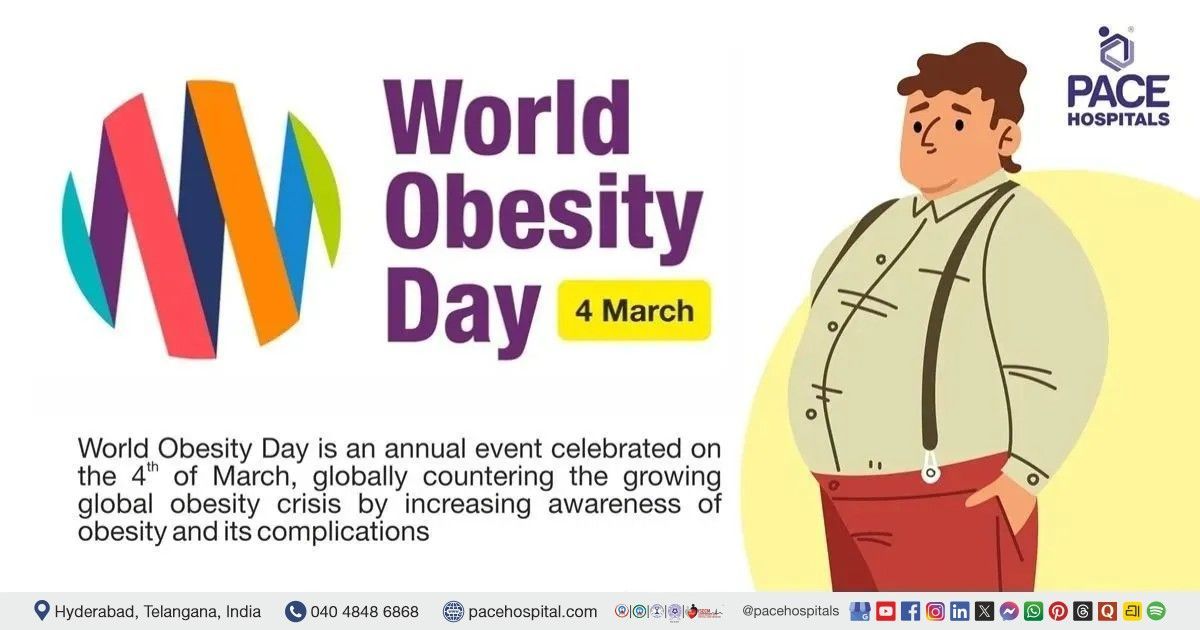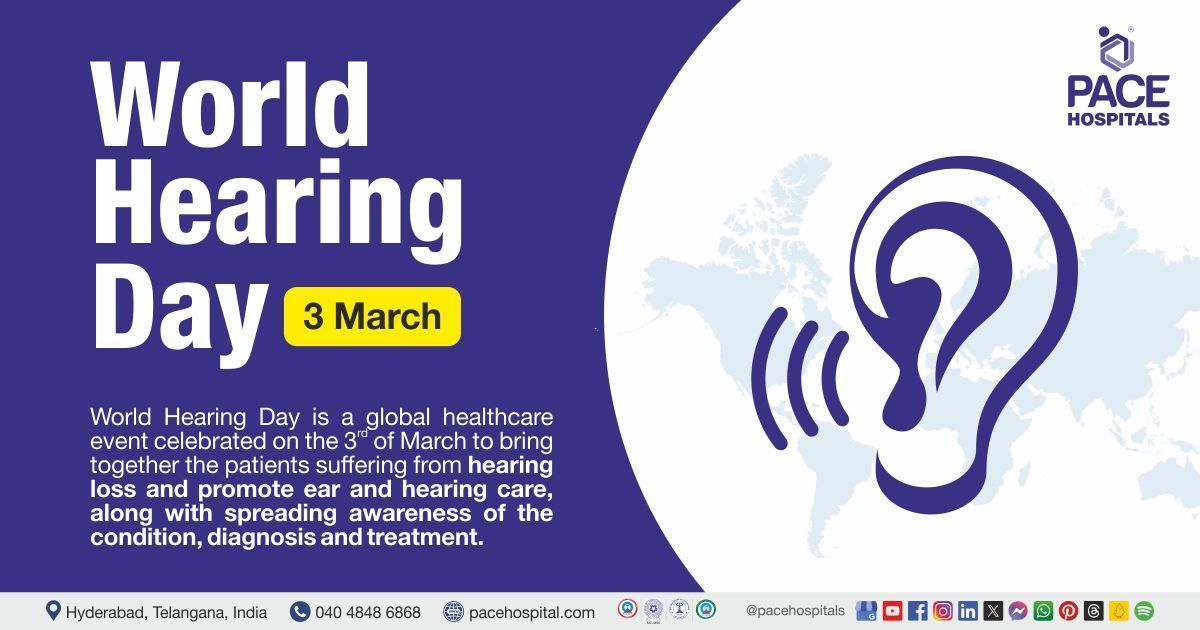World Paediatric Bone and Joint Day, 19 October 2025 – Importance & History
PACE Hospitals
World Paediatric Bone and Joint Day is a global healthcare event celebrated on the 19th of October every year to spread awareness about the impact of musculoskeletal conditions among children.
On this day, various local, national, and international organisations come together and conduct several events, educational seminars and conferences that aids in spreading awareness about the impact of paediatric musculoskeletal disorders.
Importance of World Paediatric Bone and Joint Day
Musculoskeletal disorders are the type of disease that affects the joints, ligaments, nerves, muscles, and bones. Musculoskeletal disorder is commonly caused by infection, injury, or it can even be inherited and could develop as the child grows. Musculoskeletal problems in children and teenagers are becoming more common, that includes the following:
- Rheumatoid arthritis (RA)
- Bone fractures
- Tendinitis
- Developmental dysplasia of the hip
- Muscular dystrophy
- Osteoporosis
Childhood obesity is a major contributing factor in many of these situations. Children who are obese are more likely to develop specific forms of arthritis. Too many children are not getting their arthritis diagnoses in a timely manner. Arthritis affects children, with about 1 in every 1,000 children having arthritis.
Musculoskeletal disorders like childhood obesity can continue into adulthood and have a long-lasting impact on a child's overall health. If left untreated, it can lead to childhood arthritis, which resulting lifetime pain in child.
Paediatric Bone and Joint infections are usually seen in boys and toddlers. As per research study, a total of 2911 bone and joint infections (BJI) hospitalisations were recorded among 2592 paediatric patients, with a 22 per 1,00,000 of overall incidence rate (boys 24/1,00,000, girls,19/1,00,000). The most frequent infections were septic arthritis (52%) and osteomyelitis (44%), and 16.6% of patients had a microorganism identified (61% of which were Staphylococci). Additionally, 13% of patients had comorbidities.
Growth plates are the weakest joint present in the child’s skeleton which are most susceptible to injury. The risk of growth plate’s injury is ripe among growing children until their soft tissue is eventually replaced with a solid bone. Growth plate injuries can prove to be detrimental in the overall children’s growth. The child's growth plate might be harmed by any injury to a ligament in the knee or ankle.
Over 20 lakhs children worldwide, or 1 in 1000, have arthritis. Juvenile Idiopathic Arthritis (JIA) is the most frequent type of arthritis affecting developing bones and joints. JIA may induce inflammation, especially in the eyes, which, if untreated, can cause significant problems with vision. Even rheumatoid arthritis is frequently diagnosed in children.
Many bone and joint problems start in childhood and persist throughout adulthood. 10% of people are affected by a disabling musculoskeletal disorder, so World Paediatric Bone and Joint Day plays a vital role in the importance of keeping bones healthy in children.
History of World Paediatric Bone and Joint Day
On October 19, 2012, the Paediatric Specialty Group launched the first World Paediatric Bone and Joint Day. The event takes place during Bone and Joint Action Week. The Paediatric Specialty Group is a program of the United States Bone and Joint Initiative (USBJI). The United States Bone and Joint Initiative (USBJI) seek to improve the prevention of bone and joint disorders. Their objective is to raise the standard of living for people who suffer from bone and joint problems.

Preventive Tips for Paediatric Bone and Joint Problems
The following are the tips for having healthy bones and joints in children:
- Maintaining a well-balanced diet that is abundant in calcium
- Avoiding carbonated drinks
- Having regular physical activity
- Having enough protein
- Having plenty of vitamin’s D and K supplements
- Maintaining a stable, healthy weight
Share on
Request an appointment
Fill in the appointment form or call us instantly to book a confirmed appointment with our super specialist at 04048486868

